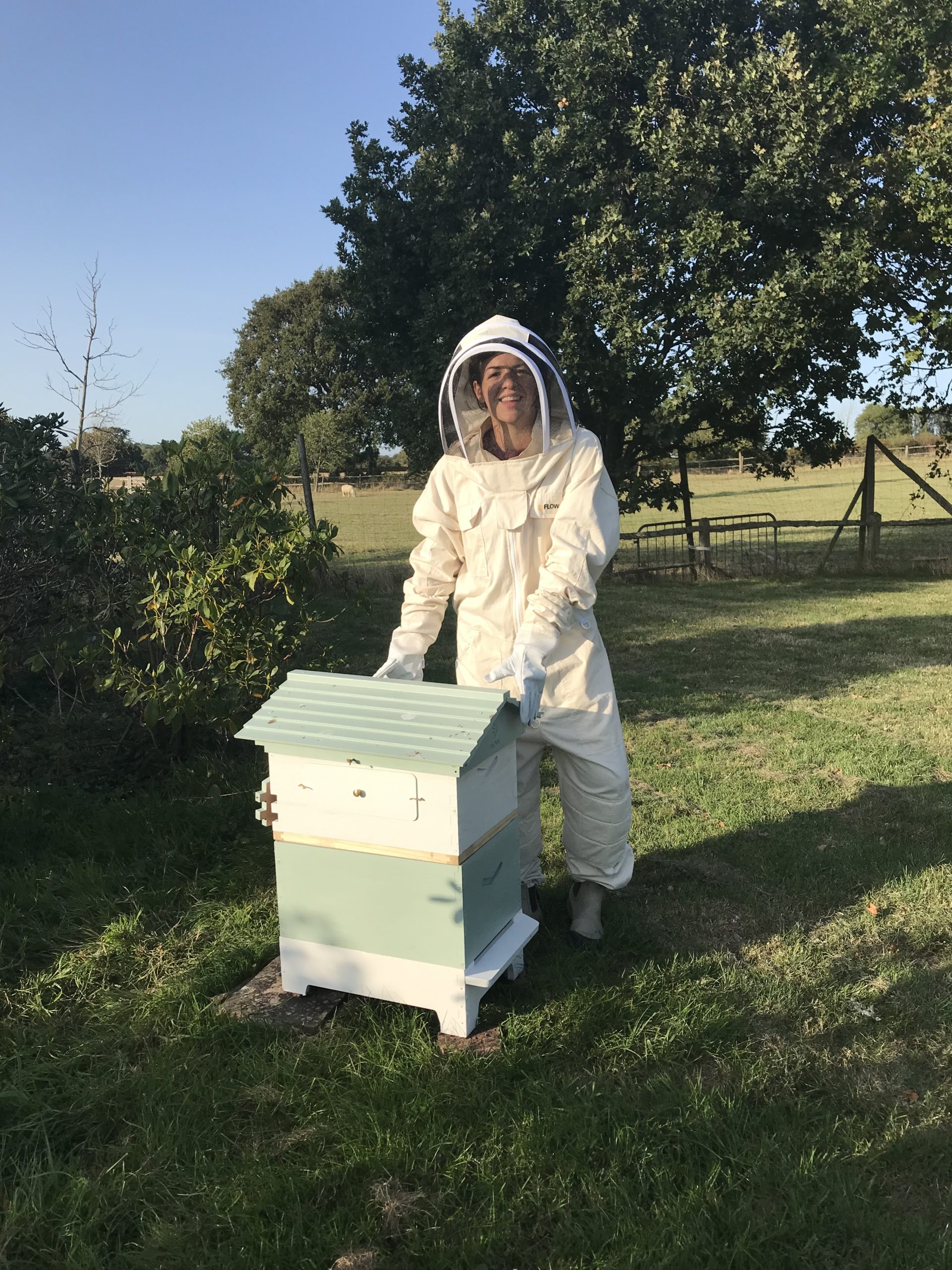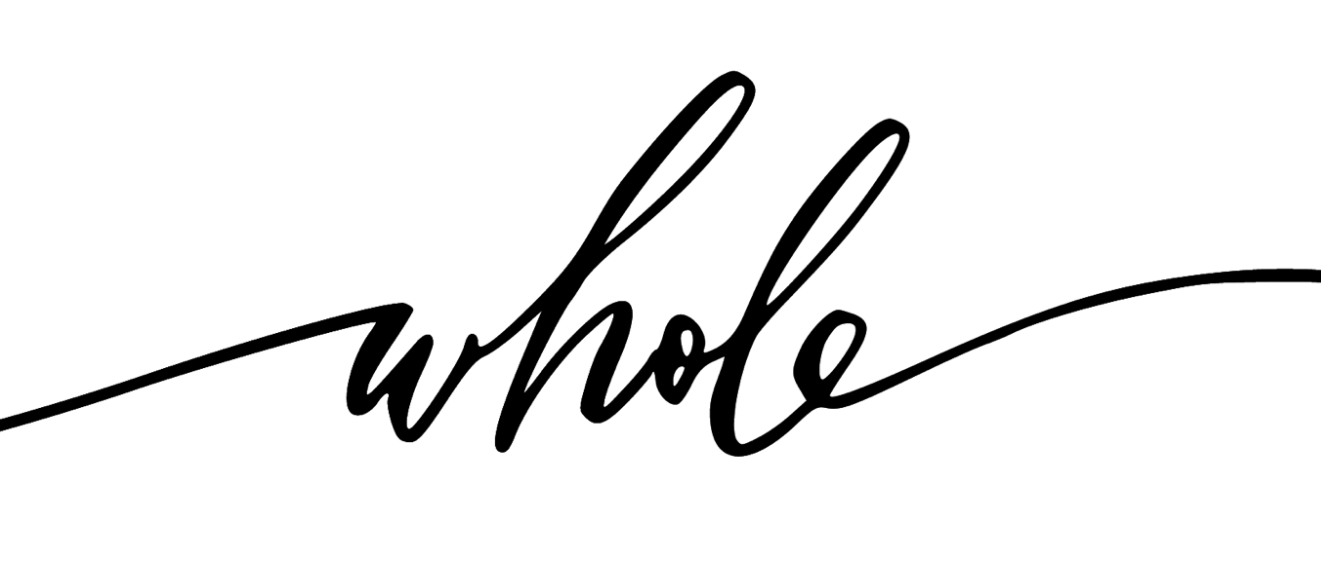Thinking About Keeping Bees? Read This from a beginner who wish I’d read this first!
Firstly, YES to you thinking about the idea of keeping bees, it’s a brilliant, rewarding and much needed journey.
80 – 96% of angiosperms (plants that flower and bear fruit) require pollinators for reproduction, 1/3 of the food we eat – EPA.org
If you can’t keep a beehive, there are other ways you can care for bees like planting pollinator flowers, providing bee safe water sources, having a solitary bee hotel, or supporting a local beekeeping by buying their honey!
Remember as you read, I’m not an expert beekeeper, I’m about 6 months in and I haven’t made it through a winter yet… But I know enough to tell you that getting bees in September isn’t the best time of year and starting to think and plan right about now in the northern hemisphere so that they arrive before the summer and don’t try to get settled and create stores for the winter right before winter.
What I’m providing here isn’t at all everything you need to know to keep bees, but more of a roadmap to learning that I didn’t have. So I hope it helps to give you a very general framework you can use to start your learning.
Try to start in spring not coming into winter like I did!

So start to think and plan ahead to start in spring! I wrote a post (HERE) about things you want to start thinking about as you delve in which is linked below.
Don’t get overwhelmed with what’s “right”
There’s a LOT of information and opinion out there. I’ve learned that someone will always think you’re doing it wrong, so I try to keep the perspective that the world needs more bees, and so if I’m using a smoker when someone thinks I shouldn’t, or feeding when someone things I shouldn’t, or if you’re taking honey when someone thinks you shouldn’t… if we’re doing what you’re doing on the journey to building a hive, and doing our best, I personally think that’s ok and good.
If nothing else, before you start:
- Read my post on 11 things to think about and research at least those and the questions that they give you.
- Take time to learn as much as you can before you start. I probably watched 40+ hours of videos and asked a few beekeepers both local and further away all my questions!
- Finding a mentor (though a bee club or friend) who you can turn to for questions when you hit something you just don’t know.
- Having a source of help for local knowledge as bee keeping really changes by region and what you might find in training, videos, reading, from further away will be different from what you find locally.
(Some of) what to learn:

There’s a lot to learn and you can always learn more but I think you want to start by having a general understanding of how bees work! Learning parts of the hive and what happens in them, and the life cycle of bees, and what bees live and do what in different areas of the hive will start to give you a framework to put your learning on, but also to know what you don’t know. You’ll also want to know about the different kinds of hive and then specifically about use, care and harvesting of the one you choose as well as the care, threats and weather conditions specific to your local area.
